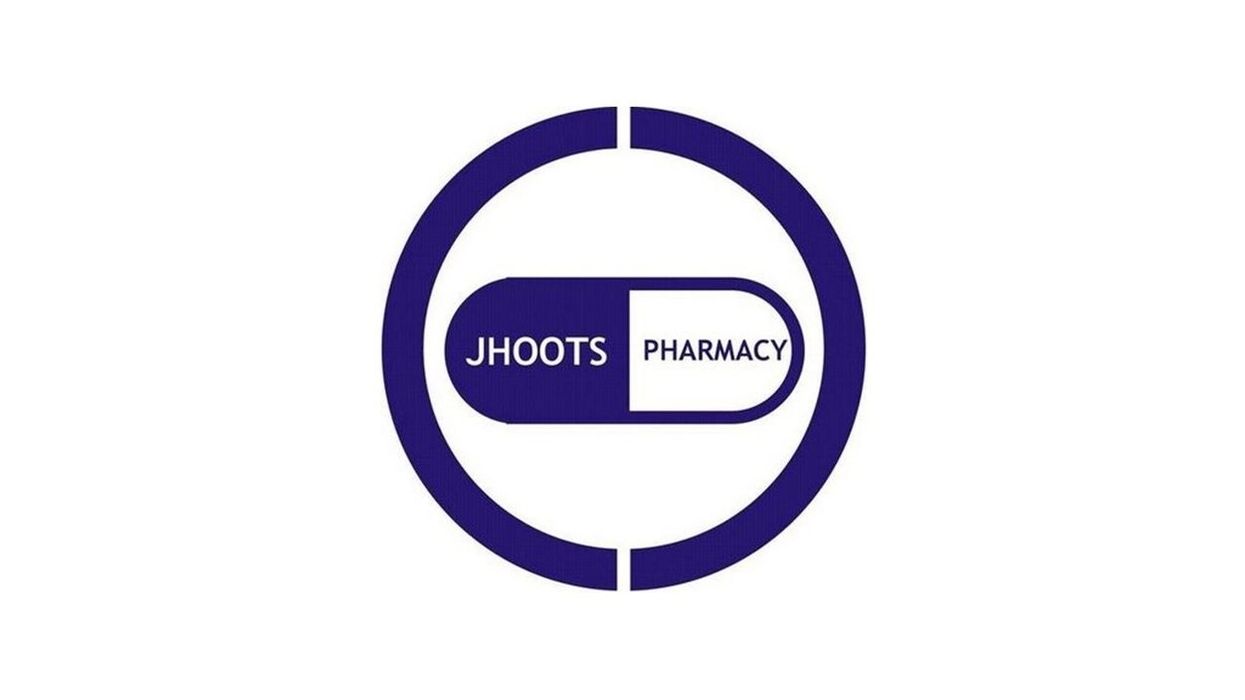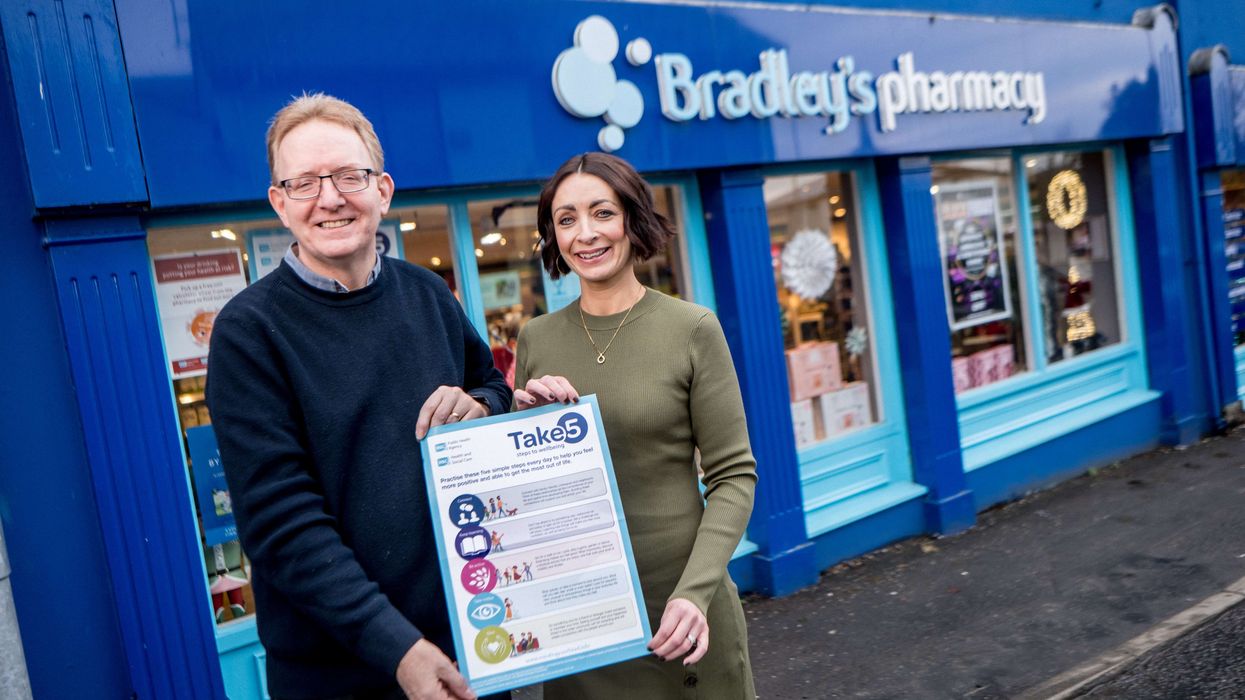The Pharmacists’ Defence Association (PDA) members survey revealed that the policies made by the pharmacy regulator should be subject to scrutiny by independent external stakeholders.
The survey was in response to the General Pharmaceutical Council’s (GPhC) 12-week consultation on delivering equality, improving diversity and fostering inclusion.
The survey also indicated that the progress of such scrutiny should be regularly monitored and reports be published.
It further suggested that GPhC should set and publish measurable targets like ethnicity pay gap reporting for evaluating its equality, diversity and inclusivity (EDI) strategy.
The GPhC’s draft five-year strategy outlines three themes.
The first target is to make regulatory decisions that are demonstrably fair, lawful, and free from discrimination and bias.
The second is to proactively help tackle discrimination in all pharmacy settings and ensure that everyone gets access to person-centred care.
The third is to lead by example and demonstrate best practice within the organisation.
The three themes have several objectives and proposed outcomes, but do not detail about any tangible measurable outcomes.
“As we developed our response to this important consultation, we wanted to hear from members what they thought was important to give them confidence and assurance in their regulator’s EDI policies. Clearly, having clear measurable goals and independent scrutiny is a top priority for them,” Alison Jones, director of stakeholder engagement at the PDA said.
She noted that pharmacists often face issues caused by discrimination against them due to their race, gender, disability, or sexual identity.
"It is vitally important that the GPhC has robust EDI policies in place to provide confidence to registrants that their rights are protected, that any decisions made are done so fairly and without discrimination, and that the organisation holds itself accountable to the same high standards that it expects of others,” Jones added.
The GPhC’s consultation closes on July 12.











